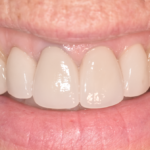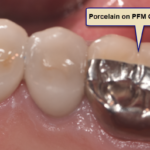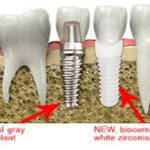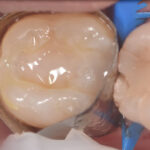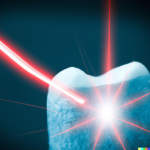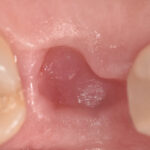1– If I’m told I need an implant, will I also need bone grafting?
Upon reviewing your Xrays, your dentist will be able to determine whether there is sufficient bone to do the implant. If necessary bone grafting will be recommended as part of the overall treatment. However there are different types of bone grafting material and it is important to find out all the differences.
2– I’ve heard bad things about implants? Are they true?
Research has shown implants to be viable and to have a high rate of success, often better than other treatments, including root canals. With this said, there are patients with chemical sensitivities, who have immune issues, who smoke, have diabetes, or are on certain medications.
These patients need to take care before placing implants because the failure rates are higher when these conditions are present. I have also observed that people with metal sensitivities, poor oral hygiene, acidic mouths or systemic inflammation need to take extra care when placing titanium implants, specifically. Many of the above issues can be addressed and resolved through habit changes and nutritional support.
3- I’ve also heard bad things about bone grafting; should I be concerned?
If there is not enough density of bone to place the implant, you need some form of bone grafting. There is some research that shows bone from cows and even cadaver bone can increase inflammation during the healing process, essentially resulting in scarring in the bone. This can produce weaker bone that can result in more implant failures, in my opinion.
This scarring in the bone can be minimized by using very pure bone from a bone bank and by using Platelet Rich Fibrin (PRF), which is a bone substitute derived from your own blood and spun to concentrate the healing factors, immune cells and stem cells found naturally in your blood. Your blood is the best form of bone grafting and PRF allows us to maximize its benefits to increase bone volume as well as bone quality. This will be beneficial even if you decide not to have an implant later.
4- How long does the entire implant process take?
It takes between 30-60 minutes to place an implant. Sometimes you can put the crown on during the same appointment and sometimes it is safer to wait until the implant integrates before putting the crown on. This usually takes 3 months.
5- Are there any other issues with getting an implant?
The health of the bone is actually very important because the bone needs proper blood supply to heal correctly. As mentioned above, it also needs to be properly mineralized, without prior scarring from extractions, root canals and bone grafting materials.
Dr. Carey O’Rielly is a holistic dentist in San Diego, California who truly understands and practices the tenets of holistic health, both as a practitioner and in his personal life. His remarkable knowledge of the field came about through years of study and experience, initiated by his own work-related health challenges.

